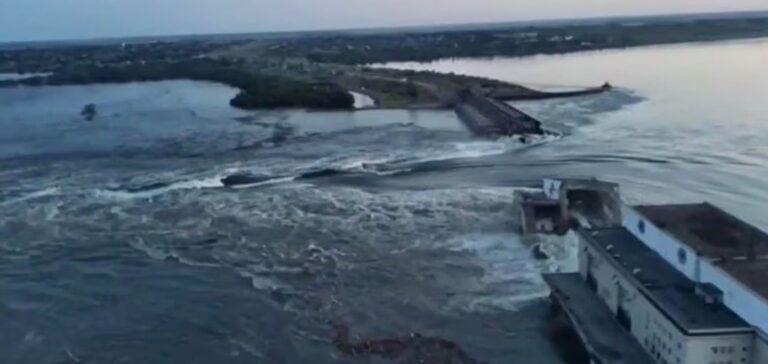Ukrhydroenergo, Ukraine’s hydropower regulator, aims to rapidly restore 1 GW of capacity to meet winter energy needs, while planning the construction of new infrastructure for a further 2.4 GW.
Short-term objectives
Ukrhydroenergo suffered significant losses, with around 45% of its total capacity destroyed by Russian forces. Since the start of the full-scale invasion, 118 missile strikes have targeted Ukrainian hydroelectric facilities. For the time being, the company is focusing on restoring 1,000 MW of capacity to ensure a stable winter transition. At the same time, Ukrhydroenergo is actively working with international partners to accelerate the rebuilding of the energy infrastructure. A sustained effort is underway to accumulate water resources, in order to reduce pressure on the energy system during periods of peak consumption.
Long-term projects
Long-term plans include the construction of 2,500 MW of new capacity, including the completion of the Dniester pumped storage plant and the construction of the Kaniv plant. A key project remains the reconstruction of the Kakhovka hydropower plant, destroyed in the summer of 2023 by Russian forces, with environmental damage estimated at almost US$2 billion. Ukrhydroenergo estimates that the restoration of Kakhovka HPP could take between six and seven years after the region’s liberation. In addition, the company has invested US$256 million to install anti-drone defenses and rebuild various hydroelectric facilities.
International cooperation and future prospects
International cooperation is essential for the rapid recovery of Ukraine’s energy infrastructure. Ukrhydroenergo has already initiated investment arbitration proceedings against Russia to obtain compensation for the damage caused by the destruction of the Kakhovka hydroelectric plant. The future of hydroelectric power generation in Ukraine will largely depend on the country’s ability to attract foreign investment and secure the infrastructure against future attacks. Resilience and international collaboration will be crucial factors in ensuring stable and sustainable energy production.
This reconstruction plan is ambitious but necessary to restore Ukraine’s energy capacity and meet the country’s growing electricity needs, while reducing its dependence on fossil fuels.






















